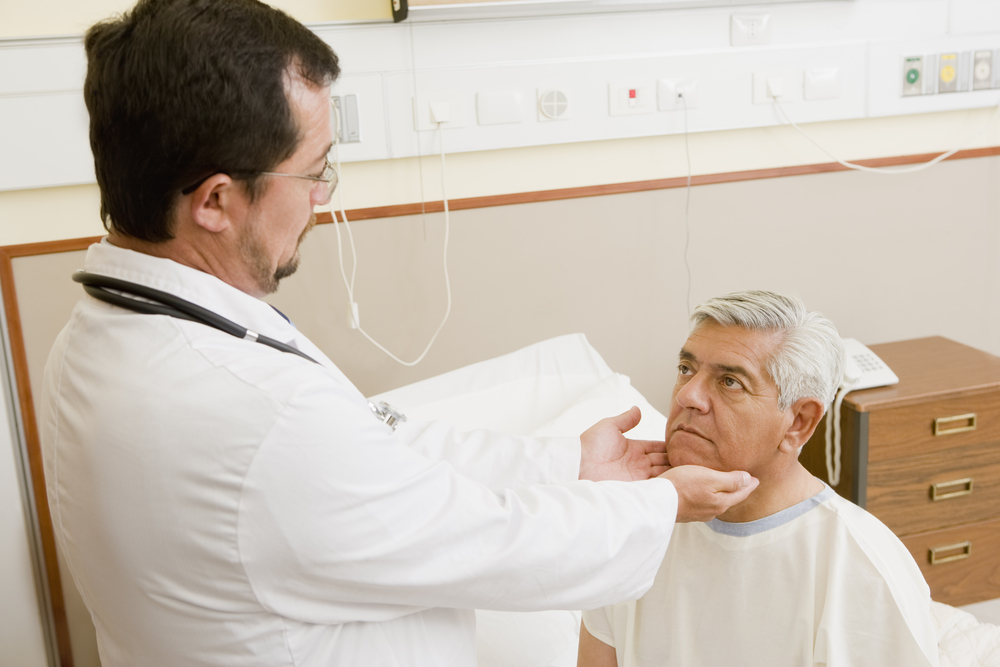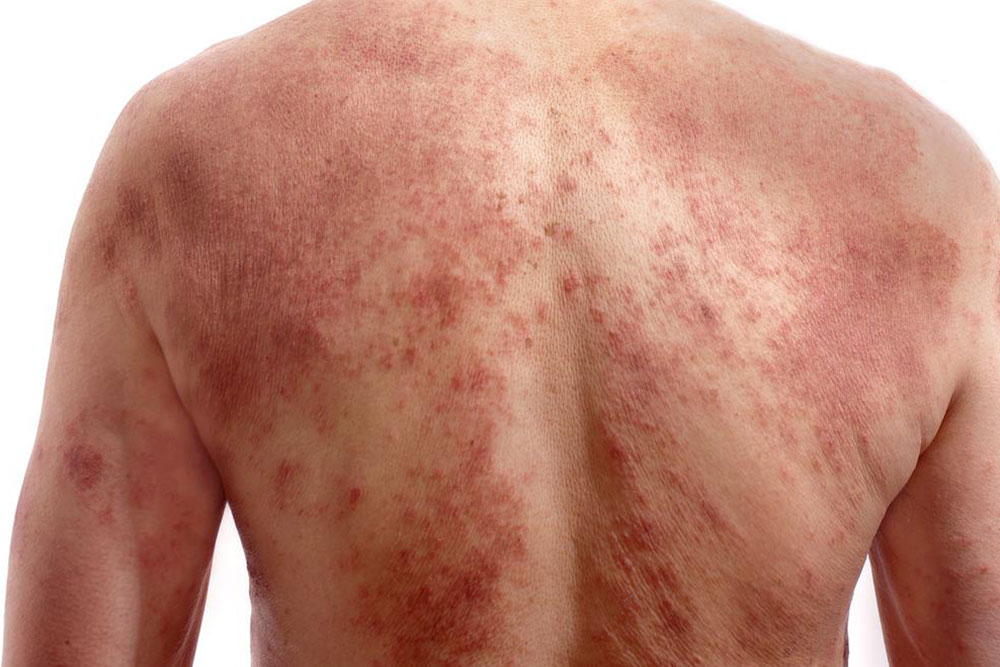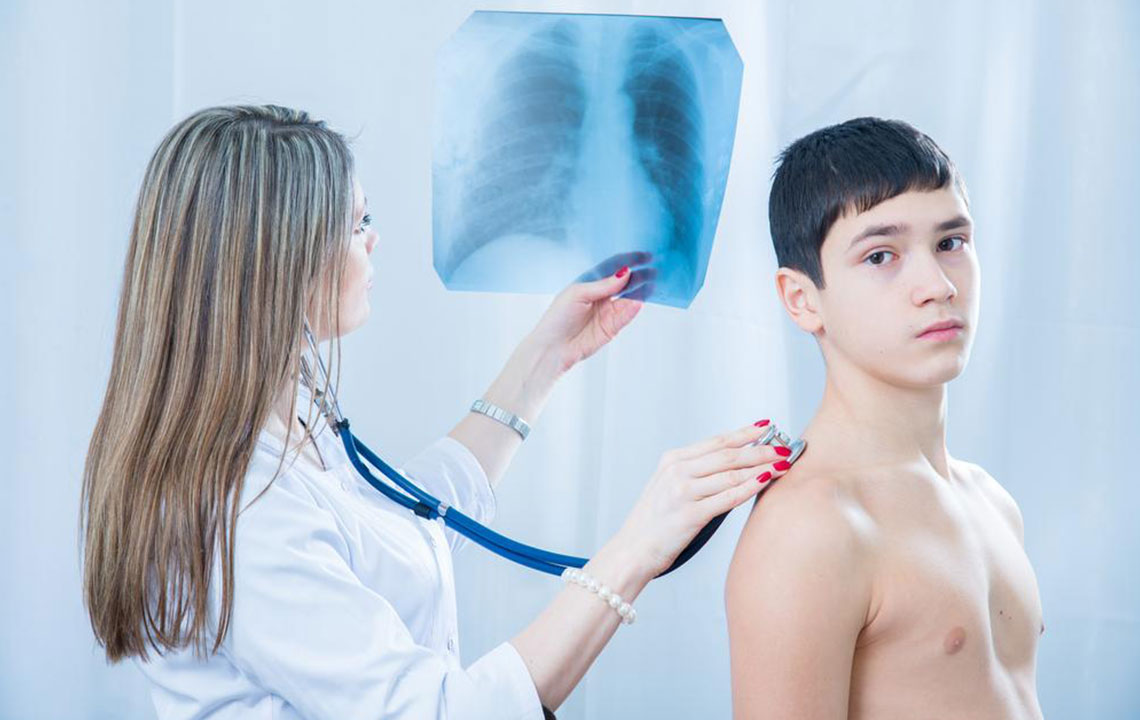Comprehensive Guide to Preventing Meningitis and Safeguarding Your Health
This comprehensive guide offers essential insights into preventing meningitis, including transmission modes, risk groups, vaccination options, early symptoms, and practical preventive measures. Staying informed and vigilant can greatly reduce your risk and protect your health, especially for vulnerable populations. Learn how to recognize signs early and take prompt action to ensure safety and well-being through effective prevention strategies and medical interventions.

Proactive Strategies to Prevent Meningitis and Promote Overall Well-Being
Maintaining good health is one of the most valuable investments you can make, enabling you to lead a vibrant and active life. As infectious diseases continue to pose significant health threats globally, understanding how to effectively prevent meningitis becomes essential. This comprehensive guide aims to educate you on the disease’s modes of transmission, identify high-risk groups, explore available vaccination options, recognize early symptoms, and outline key prevention strategies. Being informed empowers you to take proactive steps to reduce your risk and ensure your health and safety.
In this article, we delve deeply into the transmission methods of meningitis, who is most vulnerable, the role of vaccines, the warning signs to watch out for, and practical prevention techniques to keep you and your loved ones protected.
Recognizing Signs and Symptoms of Meningitis
While meningitis remains a relatively uncommon disease, its potential severity warrants vigilance. The symptoms often develop rapidly, requiring immediate medical attention. Early diagnosis can significantly improve outcomes and reduce complications.
High fever that starts suddenly and intensely
Seizures and convulsions
Profound drowsiness or unconsciousness
Sensitivity to light (photophobia)
Loss of appetite or persistent thirst
Skin rashes or petechiae
Stiffness in the neck (nuchal rigidity)
Severe or different headaches compared to normal headaches
Nausea or vomiting accompanying headaches
Confusion, disorientation, or mental fog
Although anyone can contract meningitis, children under five and adults over fifty-five years old are particularly susceptible. Recognizing symptoms early and seeking urgent medical care can be life-saving and help prevent long-term neurological damage.
Is Meningitis Contagious?
Yes, meningitis can be highly contagious, especially through close, prolonged contact with an infected individual. The disease affects the protective membranes covering the brain and spinal cord, caused by various pathogens including bacteria, viruses, fungi, and parasites. Transmission typically occurs through respiratory droplets, saliva, or shared surfaces.
Symptoms may appear within a week of exposure and often start mildly, which can lead to underestimating the severity. Some forms of meningitis progress rapidly and are potentially fatal, necessitating immediate medical intervention. If you suspect exposure or notice early signs, do not delay in consulting healthcare professionals for accurate diagnosis and prompt treatment.
Meningitis is classified into five main types based on its causative agents:
Viral meningitis, the most common and generally less severe
Bacterial meningitis, which can be life-threatening if untreated
Fungal meningitis, often occurring in immunocompromised individuals
Parasitic meningitis, rare but serious
Non-infectious meningitis, resulting from injury or other medical conditions
Vaccination and Preventive Measures
Advancements in medicine have led to the development of effective vaccines against several types of meningitis, drastically reducing infection rates and severity. Implementing vaccination strategies is a vital component of prevention, especially for vulnerable populations.
Key vaccines include:
Haemophilus influenzae type b (Hib) vaccine, primarily for children
Pneumococcal conjugate vaccine (PCV13), designed to prevent pneumococcal bacteria infections
Pneumococcal polysaccharide vaccine (PPSV23), for older adults and at-risk groups
Meningococcal conjugate vaccines, which protect against meningococcus bacteria strains
When to seek medical attention
If you experience symptoms such as sudden high fever, severe headaches, neck stiffness, confusion, or vomiting, contact healthcare providers immediately. Early medical intervention is critical to managing the disease effectively, as some cases can resolve on their own, while others require urgent care and possibly hospitalization.
Practical Prevention Tips
Preventing meningitis involves simple yet effective practices. These include avoiding sharing personal items like utensils, drinks, lip balms, or toothbrushes, to minimize the risk of pathogen transmission. Good hygiene habits, such as regular handwashing — especially before eating or touching your face — are essential.
Maintaining a healthy lifestyle is also an important aspect of prevention. Eating a balanced diet, getting sufficient rest, staying physically active, and strengthening your immune system can help your body fend off infections. Pregnant women should prioritize consuming pasteurized dairy products and avoiding contact with infected individuals to reduce the risk of exposure.
By adopting these precautions and staying alert to early symptoms, you can significantly decrease your chances of contracting meningitis. Remember, early detection and treatment are vital to prevent serious health consequences and safeguard your overall well-being.





